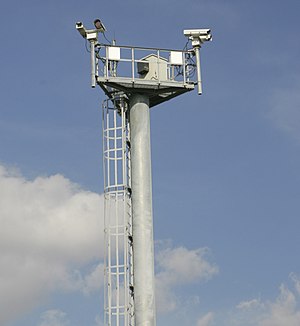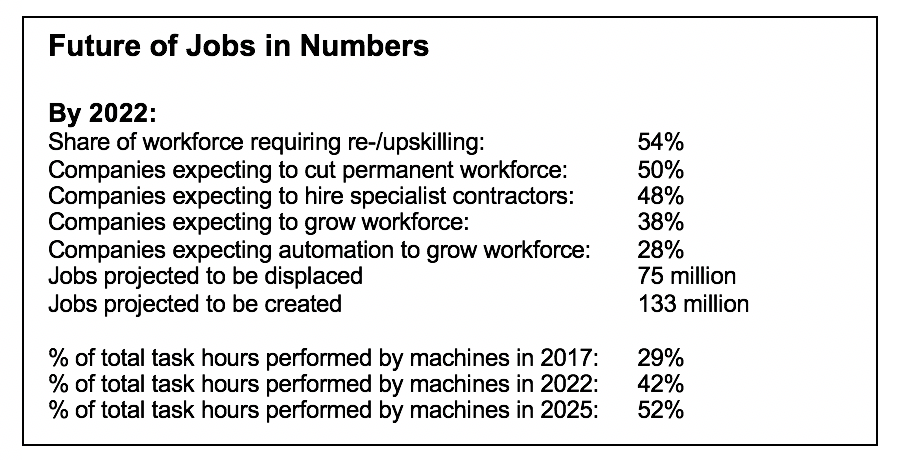One aspect of the Egyptian uprising (among the others, most ongoing) that was overpowered by the wild acclamation of social media is something that has been quietly but powerfully changing societal norms over the last decade. It is simply the inclusion, on almost every mobile phone sold, of a digital camera. When 90% of the active population can, at any time, record an event they are witness to, and transmit it to the rest of the world instantly, many rules begin to change.
It’s not new, of course: “citizen journalism” has a long history before mobiles were prevalent, and the growing trend of “you report”-style news and things like Twitter streams in live reporting are as plain as the lens on your phone. And while I regularly deride the quality of camera phones, the truth is that improvements have been made that are now promoting phone-cams from joke cameras to true documentary devices.
The reason I bring this up today is because of a video I watched a few weeks back that documented some aggressive behavior by a few NYPD officers. You may have seen it — it’s up to around 400,000 views now. Not that this particular incident is of particular import (compared to the countless enormities being perpetrated every day around the world), but its trajectory (essentially viral) is signal. And, importantly, the quality of the video is good enough to prove identities in court, and arguably too difficult to fake. A few years ago this level of definition would only be available on a thousand-dollar camcorder. Today it’s on phones that are literally being given away. Malcom Gladwell may be out of vogue presently, but nevertheless this has all the appearances of one of those tipping points.
Institutional
What happens, exactly, when every individual is not only a node connected to a worldwide network, but is also able to take anything they see and cause it to be made public and (efforts are made in this direction) unable to be taken down?
The consequences are, in an institutional way, the same loss of deniability that has affected citizens in cities like London, where CCTV cameras have squelched crime on the street, and around the world, where the loss of privileged privacy is now affecting everyone tagged in an embarrassing photo on Facebook. The assumption that one is not being recorded in any real way, a standard in civilization for more or less all of history, is being overturned. (I’ll be writing more about this in a longer series of posts on privacy, but the societal effect of widespread documentary devices is distinct enough to consider on its own.)
Places where this effect is already visible include some parts of government: official Congressional discussions, for instance, are frequently broadcast and have been recorded in their entirety for decades. You can’t take back something you say on the Senate floor. CEOs of major companies, too, have felt the sting of the ever-vigilant ears and eyes of the internet. Steve Jobs’ infamous response to a user regarding the iPhone 4 antenna issue is a good example, but similar things happen every day, and now that there’s no plausible deniability (since as head of the company almost all their public speech is on the record), CEOs have become slaves to the PR department in a bizarre inversion of internal corporate checks and balances.
And there is, of course, the more obvious example of things like police brutality. Rodney King was an early indicator of the directions things will take. But imagine if catching police when they acted illegally were to be the rule rather than the exception. That’s what the NYPD cops who hassled that passerby are finding out, and I suspect many more in positions where abuse of authority is a risk will find out soon as well. Too late for them to save themselves, but just in time for victims (not just of police brutality, but of any kind of unexpected or undocumentable trauma or danger – a hit and run, for example), who for centuries have lacked a way to strike back, for want of evidence. “Your word against mine” can be a serious and drawn-out dispute, subject to all kinds of subjective judgments, loyalties, rights, and arguments; “Your word against my high-definition video” gives citizens and the vulnerable a bit more leverage.
Things aren’t so simple, though. As anyone who has worked in visual media can tell you, deception and fakery are not only incredibly easy, but very common as well. Hoaxes, fakes, set-ups, staged scenarios, creative editing, post-production, photoshopping, and every other tool of the trade, all show something other than the raw, original product. I’m not familiar with forensic digital media evaluation tools in use today, but I get the feeling that if they’re not inadequate now, they will be so in a few years.










